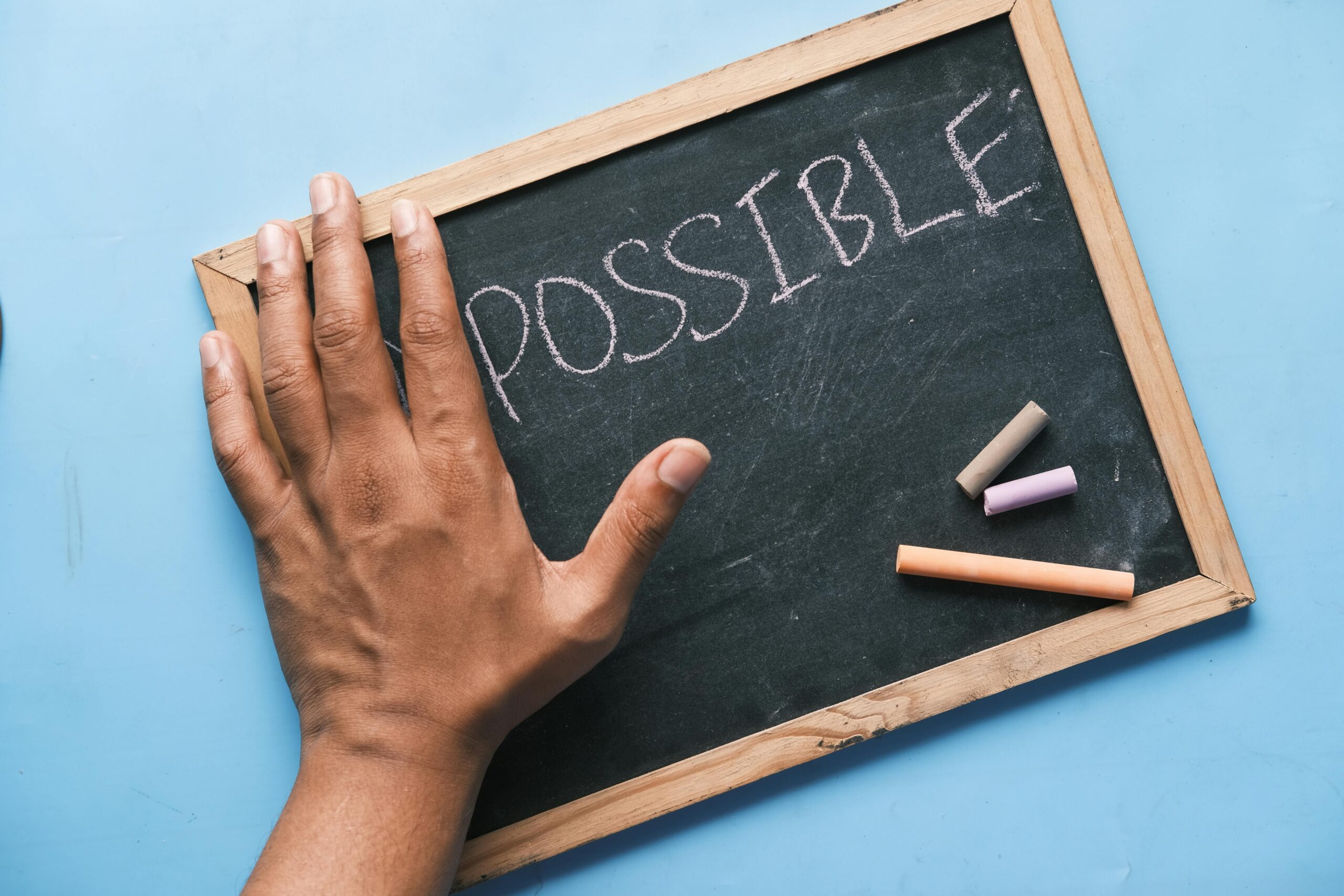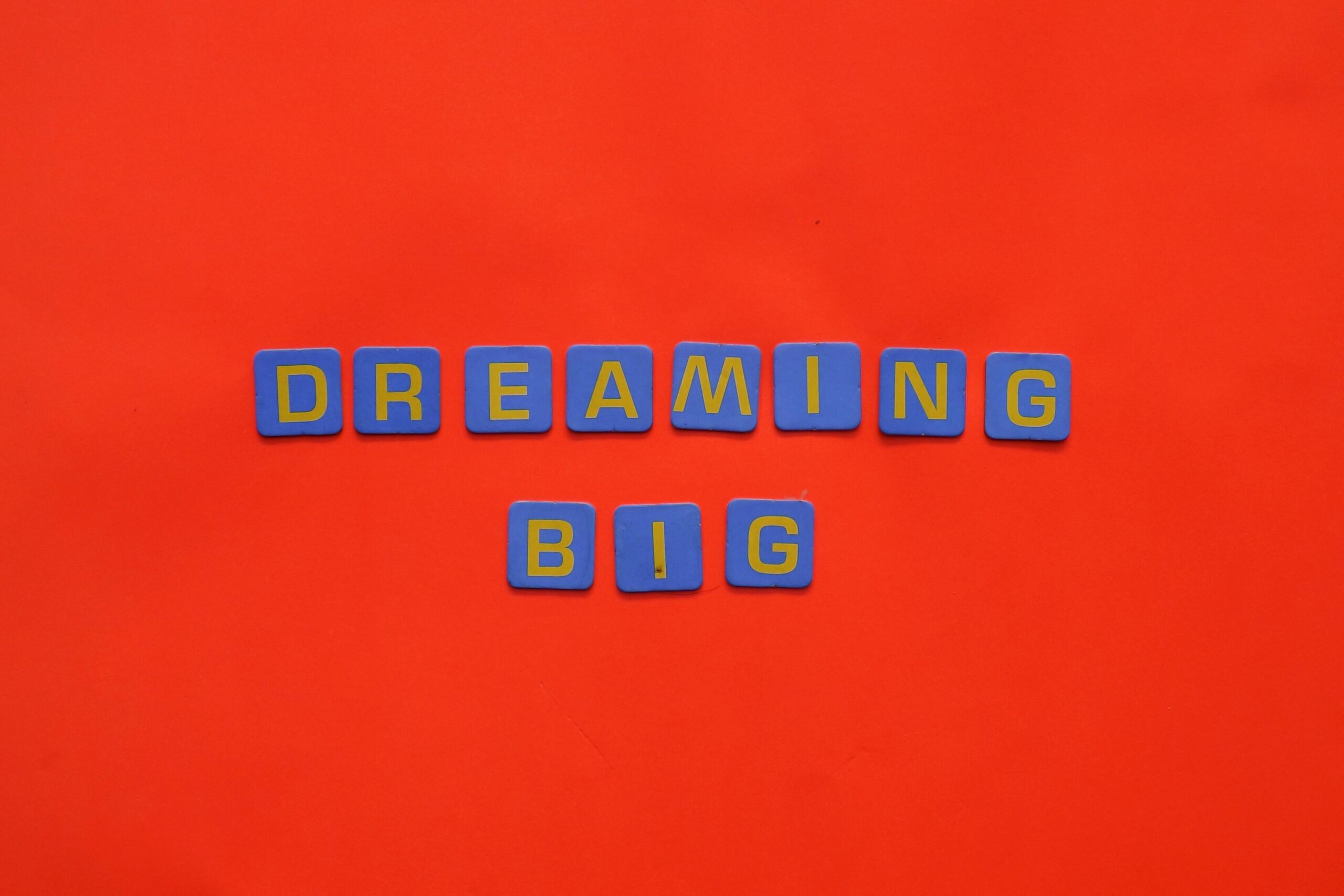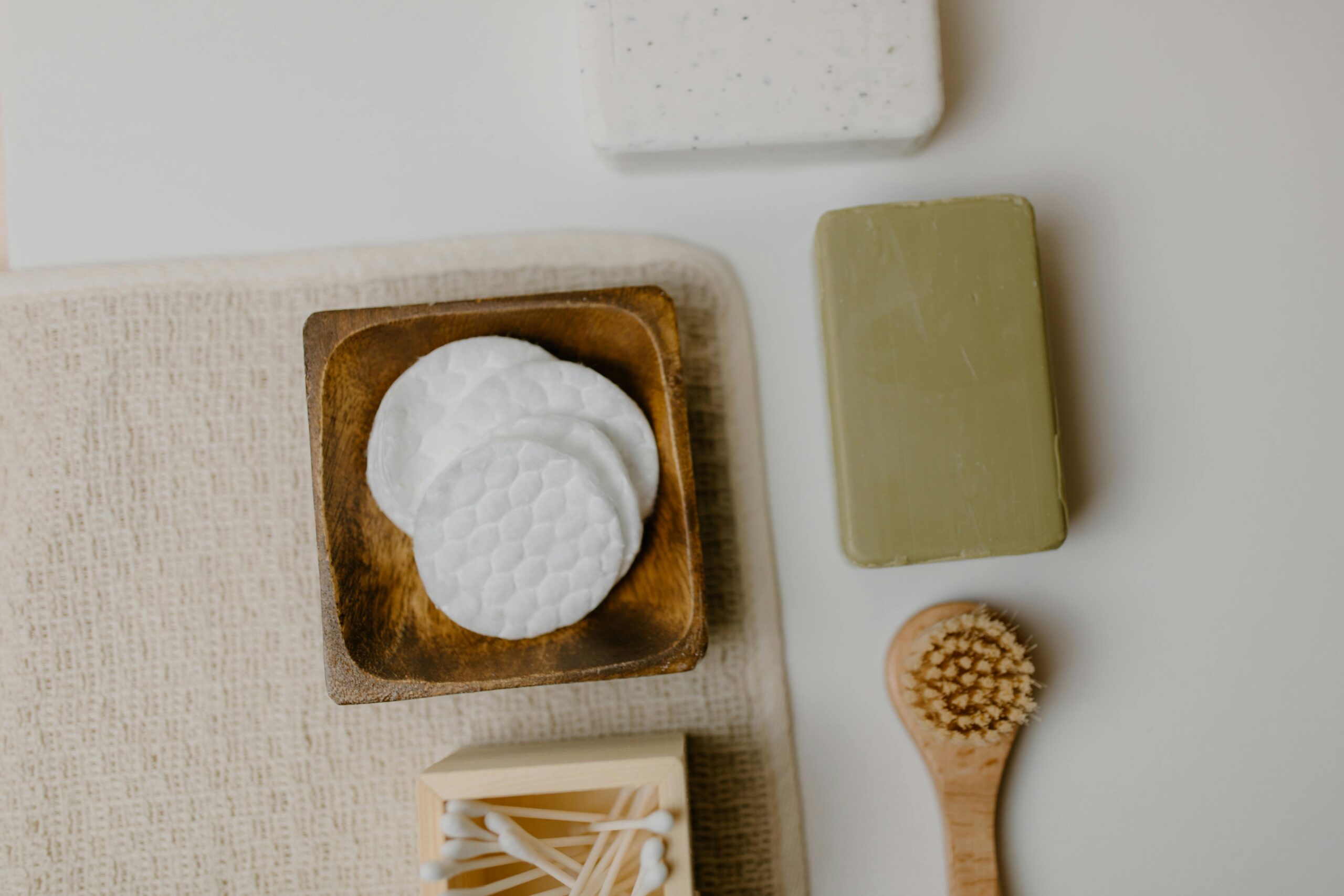
Introduction: Why Self-Discipline is the Foundation of a Transformed Life
Self-discipline is not about punishment, willpower, or deprivation. It’s the quiet muscle behind every meaningful transformation. Whether your goal is to get healthier, grow a business, finish your degree, or simply create a life with more peace and purpose—discipline is the bridge between intention and outcome.
But we often misunderstand discipline. We see it as rigid and joyless, or something only “high achievers” are born with. The truth? Discipline is a skill—one you can learn, strengthen, and make your own.
In this guide, we’ll walk through the essential building blocks of self-discipline so you can stop relying on motivation and start building unstoppable momentum.
1. Get Ruthlessly Clear on What You Want (and Why)
Discipline starts with clarity. If you’re vague about your goals, your actions will be inconsistent and scattered. You need to know what you’re aiming for and, more importantly, why it deeply matters to you.
Try this exercise:
- What do I want to change or build in the next 6 months?
- How will my life feel different if I achieve it?
- What’s at stake if I don’t follow through?
Write it down. Keep it where you can see it every day. Discipline gets easier when it’s rooted in something emotionally meaningful.
2. Design Systems, Not Just Goals
Goals are great, but systems are what make goals real. A system is a repeatable process that removes friction from your path.
Examples of systems:
- Waking up at 6 AM to write before work.
- Meal prepping every Sunday for healthier eating.
- Using a daily planner to track top 3 priorities.
Your goal is the destination; your system is the vehicle. Without it, you’re walking.
3. Start With the Smallest Action Possible
One of the biggest discipline killers? Overwhelm. You think you need to go “all in” or not at all. The better way? Start ridiculously small.
Want to start working out? Commit to 5 minutes a day.
Want to write a book? Commit to writing 100 words.
Want to meditate? Start with 2 minutes.
Tiny, consistent actions build trust with yourself. That trust becomes confidence. Confidence becomes identity.
4. Embrace Boredom and Repetition
Discipline isn’t always exciting. It’s repetitive. It’s quiet. It’s showing up when no one’s watching.
The most successful people aren’t always more talented. They’re just more willing to be bored and consistent.
Ask yourself:
“Am I willing to be consistent long after the excitement fades?”
That’s where the real transformation happens.
5. Design Your Environment to Win
Discipline isn’t just about internal willpower—it’s about designing your external world to support your goals.
Environment hacks:
- Delete distractions from your phone.
- Lay out your workout clothes the night before.
- Keep junk food out of the house if you’re trying to eat better.
- Use website blockers to protect your deep work time.
Make success the path of least resistance.
6. Use Accountability (But Make It Respectful)
Tell someone you trust what you’re working on. Better yet, track your progress publicly or in a journal. Accountability adds pressure—but in a good way.
Remember: Accountability should encourage, not shame. Choose people or tools that support, not punish.
7. Be Self-Compassionate, Not Self-Indulgent
Discipline doesn’t mean being hard on yourself. It means being committed, even when you stumble. When you mess up, acknowledge it, forgive yourself, and recommit.
Self-discipline grows from self-respect, not self-punishment.
Conclusion: Becoming Who You Said You’d Be
Imagine the version of you who consistently follows through. Who no longer second-guesses or self-sabotages. Who lives with calm, purpose, and trust in their own word.
That version of you is already inside—you just need a plan, practice, and patience.
Discipline is the doorway. Walk through it.






